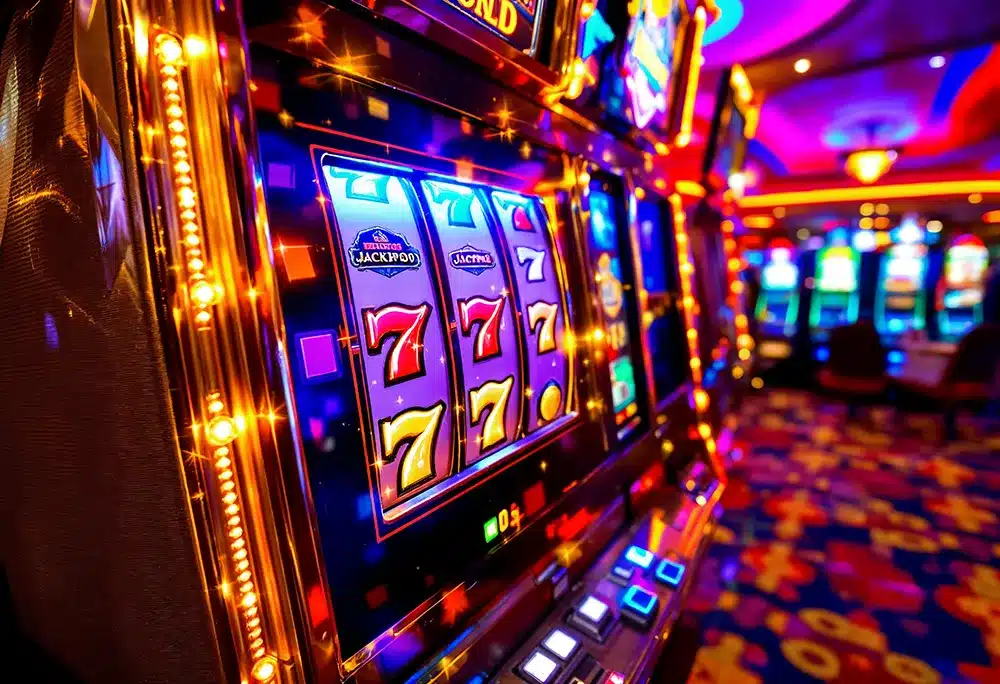Online casinos have surged in popularity worldwide, including in the Philippines, where many Filipinos enjoy betting on slots, poker, and live dealer games from the comfort of their homes. But one critical question remains: Is online casino legal in the Philippines? The answer is both yes and no, depending on several factors such as your location, the operator’s license, and applicable laws.
In this blog post, we’ll break down the legal landscape of online casinos in the Philippines as of 2025, helping you understand what’s legal, what’s not, and how to stay safe when playing online.
Online Gambling Regulation in the Philippines
The Philippines is one of the few Asian countries with a regulated online gambling industry. The government actively licenses and oversees gambling operations, primarily through two main bodies:
PAGCOR (Philippine Amusement and Gaming Corporation) – This state-run entity regulates most land-based and online casinos that target players outside the Philippines. It operates under the Office of the President.
CEZA (Cagayan Economic Zone Authority) – CEZA, located in northern Luzon, is a special economic zone that issues online gaming licenses for international-facing operators, also known as offshore gaming. These operators are not allowed to accept local Filipino players.
So, is online casino legal in the Philippines? Yes—but with conditions.
For Filipino Players: Can You Gamble Online Legally?
Filipino citizens are not legally allowed to participate in PAGCOR or CEZA-licensed online casinos that are targeting overseas customers. However, Filipino players can legally play in licensed domestic online platforms, such as those offered by PAGCOR through its e-Games and e-Sabong outlets (with certain limits and government monitoring).
Moreover, no law explicitly forbids Filipinos from playing on foreign-based online casinos that are not licensed in the Philippines, though this sits in a legal gray area. Authorities generally focus on illegal operators rather than individual users.
Are Offshore Online Casinos Legal?
Offshore casinos that hold licenses from PAGCOR or CEZA can legally operate as long as they do not serve local players. These licenses are often obtained by companies that offer iGaming services to customers in other countries, especially in Asia and Europe.
To operate legally, offshore casinos must follow:
Strict licensing rules
Employee protection regulations
Anti-money laundering laws
Tax and reporting requirements
These rules ensure that online gambling contributes to the Philippine economy while minimizing risks like fraud and illegal betting.
Enforcement and Risks
While regulated online casinos follow local laws, unlicensed operators still exist and target Filipinos without proper authorization. These platforms are illegal and risky.
Playing on unlicensed websites can result in:
Loss of funds
No player protection
Violation of national laws
To stay safe, make sure to:
Only play on PAGCOR-approved platforms if you are in the Philippines.
Avoid casinos with no visible license or vague terms.
Use platforms with SSL encryption and responsible gambling policies.
The Future of Online Casinos in the Philippines
The Philippine government continues to refine its stance on online gambling. In 2024, there were talks of revising laws to clarify the status of online gambling for locals, aiming to generate more tax revenue while protecting citizens from addiction and fraud.
As of 2025, PAGCOR is working on tighter monitoring tools for local operators and has started issuing licenses for locally facing online casinos, giving Filipino users more secure options.
Conclusion: Is Online Casino Legal in the Philippines?
Yes, online casinos are legal in the Philippines—but only under strict regulation. Offshore casinos with PAGCOR or CEZA licenses are legal but cannot cater to Filipino players. Local players must stick to domestically licensed platforms to stay within the law.
If you’re a Filipino looking to gamble online, always check the license and ensure the platform follows Philippine gaming laws. Legal online gambling can be safe and fun, but only if done responsibly and within the legal framework.








